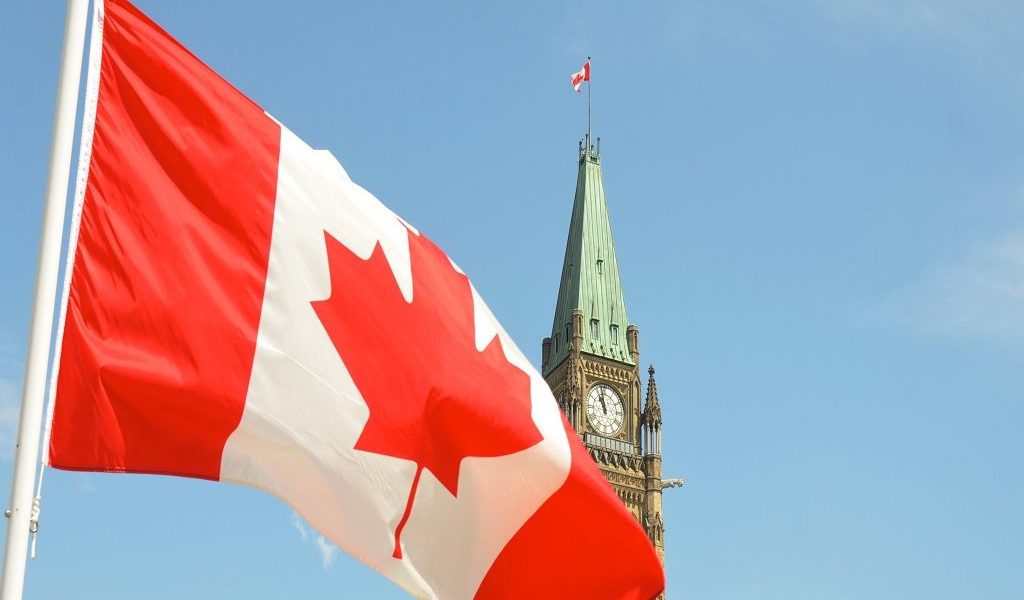Canada Study Requirements – Canada is one of the most sought-after destinations for international students, offering a world-class education system, diverse culture, and a safe, welcoming environment.
Every year, thousands of international students choose to pursue their higher education in Canada due to its reputation for high academic standards, research opportunities, and vibrant multicultural atmosphere.
However, in order to study in Canada, students must meet specific requirements set by the Canadian government and the institution they are applying to.
In this comprehensive guide, we will explore the necessary study requirements for international students to study in Canada. From the admission process to student visa requirements, living costs, and other important factors, this article provides detailed information to help students navigate the process of studying in Canada successfully.
1. Eligibility Requirements for Studying in Canada
Before considering studying in Canada, international students need to ensure they meet the following basic eligibility criteria:
a. Acceptance into a Designated Learning Institution (DLI)
To study in Canada, international students must be enrolled in a program at a Designated Learning Institution (DLI). DLIs are recognized by the Canadian government to accept international students and offer quality education.
- What is a DLI?: A DLI is an educational institution that has been approved by the government of Canada to admit international students. All Canadian universities, colleges, and certain private institutions are designated as DLIs. When applying to Canadian institutions, ensure that the university or college is on the list of DLIs.
- Program Type: The program you apply for must be a full-time program that leads to a recognized degree, diploma, or certificate. Generally, this can include undergraduate, graduate, and post-graduate programs. The program should also be of at least six months in duration.
b. Proof of Sufficient Financial Resources
One of the key requirements to study in Canada is proving that you have enough financial resources to cover your tuition fees, living expenses, and travel costs. This proof is necessary to show the Canadian government that you are financially capable of studying and living in Canada.
- Tuition Fees: The cost of tuition in Canada varies depending on the program and the institution. On average, international students can expect to pay between CAD 7,000 to CAD 29,000 annually, depending on the program. Medical and postgraduate courses tend to be more expensive.
- Living Expenses: International students also need to show they can cover their living expenses. This includes accommodation, food, transportation, and other personal expenses. The estimated living cost for international students in Canada ranges from CAD 10,000 to CAD 15,000 per year, depending on the city.
- Proof of Funds: Students can provide evidence of their financial resources through bank statements, affidavits of support from parents or sponsors, proof of a scholarship, or other financial documentation.
c. Valid Passport
A valid passport is an essential requirement for international students. It should be valid for the duration of the study period in Canada. Students must ensure their passport will not expire while they are in Canada, as it could affect their ability to apply for a study permit or renew it.
d. Language Proficiency
Most programs in Canada are taught in English or French. Therefore, international students must demonstrate proficiency in one of these languages to gain admission.
The specific language proficiency requirements vary depending on the institution and program, but the most common English language proficiency tests accepted by Canadian universities and colleges are:
- TOEFL (Test of English as a Foreign Language): A minimum score of around 80-100 (depending on the program).
- IELTS (International English Language Testing System): A minimum band score of around 6.0-6.5.
- Cambridge English Exams: Certain institutions accept Cambridge exams.
For French-language programs, the Test d’évaluation de français (TEF) is used to measure proficiency.
It’s important to check the specific language requirements of the institution and program you are applying to, as some may have higher or lower language proficiency standards.
e. Educational Qualifications
To be eligible for studying in Canada, students must meet the academic qualifications required by the specific program they are applying for. For undergraduate programs, students typically need to have completed high school, while for graduate programs, a bachelor’s degree is required.
- Undergraduate Programs: International students applying for undergraduate programs in Canada generally need to have completed secondary school with a strong academic record.
- Graduate Programs: For postgraduate studies, students are required to have a relevant undergraduate degree from a recognized institution. Some programs may also require students to submit standardized test scores such as the GRE (Graduate Record Examinations) or GMAT (Graduate Management Admission Test).
f. Study Permit
Once accepted into a Canadian educational institution, international students must apply for a study permit to study in Canada. A study permit is essentially a student visa that grants permission to study full-time in Canada.
- Eligibility for a Study Permit: To apply for a study permit, students must have a letter of acceptance from a DLI, proof of sufficient funds, and meet other general requirements, such as good health and no criminal record. It is important to apply for a study permit well in advance of your intended start date.
- Documents Required for a Study Permit Application:
- Valid passport
- Letter of acceptance from a DLI
- Proof of sufficient funds
- Passport-sized photographs
- Statement of purpose
- Police certificate (if required)
- Medical examination (if required)
g. Biometrics and Medical Examination
In some cases, students may be required to submit biometrics (fingerprints and a photograph) as part of the study permit application process. Additionally, some students may need to undergo a medical examination to prove they are in good health and do not pose a risk to public health in Canada.
h. No Criminal Record
Students applying for a study permit must demonstrate that they have no criminal history. In some cases, applicants may need to provide a police certificate from their home country to prove this.
2. Admission Process to Canadian Institutions
The admission process for international students may vary slightly between institutions, but the general steps are as follows:
a. Research Programs and Institutions
Start by researching Canadian universities, colleges, and their academic programs. Consider factors such as your academic interests, location preferences, and tuition fees. Some popular institutions in Canada include:
- University of Toronto
- University of British Columbia (UBC)
- McGill University
- University of Waterloo
- University of Alberta
b. Application to the Institution
Once you have selected a program, apply directly to the Canadian institution or through a provincial application service (e.g., Ontario Universities’ Application Centre for Ontario schools). The application may include:
- Application forms
- Academic transcripts
- Language proficiency test scores
- Letters of recommendation
- Statement of purpose or personal essay
- Application fee payment
c. Wait for Acceptance
After submitting your application, you will need to wait for the institution to process your documents and make a decision. If accepted, you will receive an official letter of acceptance, which is required to apply for a study permit.
d. Apply for a Study Permit
With your letter of acceptance in hand, you can proceed with applying for a study permit through the Government of Canada’s official website. Ensure that you meet all the requirements and submit the necessary documents.
e. Prepare for Departure
Once your study permit is approved, you can start preparing for your departure to Canada. This includes arranging accommodation, booking flights, securing health insurance, and familiarizing yourself with life in Canada.
3. Student Work Rights in Canada
One of the unique benefits of studying in Canada is the ability to work while studying. International students with a valid study permit are allowed to work on-campus and off-campus under certain conditions.
a. On-Campus Work
International students can work on-campus at the educational institution where they are enrolled without the need for a separate work permit. Students can work part-time (up to 20 hours per week) during academic sessions and full-time (up to 40 hours per week) during breaks.
b. Off-Campus Work
Students with a study permit can also work off-campus without a work permit, as long as they meet the conditions set by the Canadian government. The maximum work hours are 20 hours per week during the academic year and full-time during scheduled breaks.
4. Cost of Studying in Canada
The cost of studying in Canada varies depending on the program and the city you choose to study in. Tuition fees for international students typically range from CAD 7,000 to CAD 29,000 per year.
In addition to tuition fees, students will also need to budget for living expenses, which can be between CAD 10,000 and CAD 15,000 annually.
5. Post-Graduation Work Opportunities
After completing a program of study, international students may be eligible for the Post-Graduation Work Permit (PGWP), which allows them to work in Canada for up to three years. This work experience can help students gain valuable skills and improve their chances of applying for permanent residency in Canada.
Conclusion
Studying in Canada is an exciting opportunity for international students, but it requires careful planning and attention to detail. Meeting the eligibility requirements, understanding the application process, securing a study permit, and ensuring you have the necessary financial resources are all critical steps in making your dream of studying in Canada a reality.
By following these steps, you can ensure a smooth transition to Canada and take full advantage of the excellent educational and work opportunities that the country offers. Canada Study Requirements




